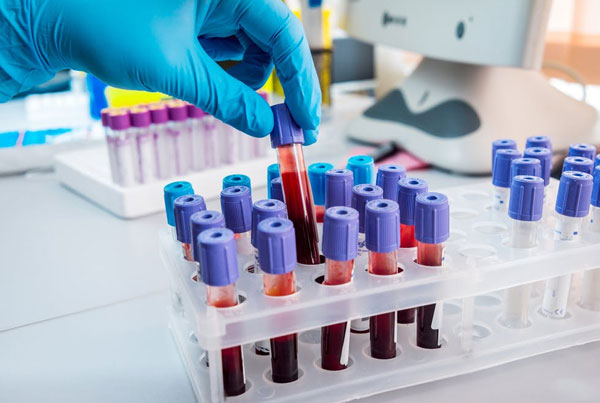A molecular lab, short for molecular biology laboratory, is a specialized facility where scientists and researchers study and manipulate molecules at the cellular and subcellular levels. These labs are equipped with various instruments and tools to conduct experiments and analyses related to the structure, function, and interactions of biomolecules, such as DNA, RNA, proteins, and other macromolecules.
Activities that take place in a molecular lab may include:
-
DNA and RNA analysis: Scientists can isolate, amplify, sequence, and manipulate DNA and RNA to study genetic information, gene expression, and genetic variation.
-
Protein analysis: Researchers can purify, characterize, and analyze proteins to understand their structure, function, and interactions.
-
PCR (Polymerase Chain Reaction): PCR is a technique used to amplify specific DNA sequences, making it essential for various applications, including DNA cloning, DNA sequencing, and genetic testing.
-
Gel electrophoresis: This method separates DNA, RNA, or proteins based on size, allowing researchers to analyze their composition and purity.
-
Gene expression analysis: Techniques like RT-qPCR and microarrays are used to quantify the expression levels of specific genes, providing insights into cellular processes and gene regulation.
-
DNA sequencing: Molecular labs often have equipment for DNA sequencing, which is essential for deciphering the genetic code and identifying genetic mutations.
-
Recombinant DNA technology: Scientists can create recombinant DNA molecules by combining genes from different sources, enabling the study and manipulation of genes and the development of genetically modified organisms.
-
Cloning: Molecular labs are equipped for the cloning of genes or DNA fragments, which is valuable in research and biotechnology.
-
Enzyme assays: These tests measure the activity of enzymes in biological samples and are critical for understanding various biochemical processes.
-
Cell culture: Many molecular labs have facilities for growing and maintaining cell lines, which are used in various experiments and studies.
-
Nucleic acid and protein quantification: Accurate measurement of nucleic acids and proteins is crucial for experimental success, and molecular labs use various methods and instruments for quantification.
-
Bioinformatics: Molecular labs often employ computational tools and resources to analyze and interpret biological data, including genomics, transcriptomics, and proteomics.
Molecular biology labs are found in academic research institutions, pharmaceutical companies, biotechnology firms, healthcare facilities, and government agencies. They play a critical role in advancing our understanding of genetics, molecular mechanisms, and the development of new therapies and diagnostic tools in fields like medicine, agriculture, and biotechnology.

